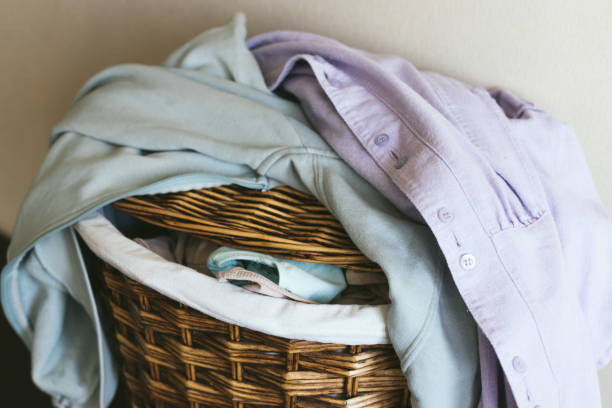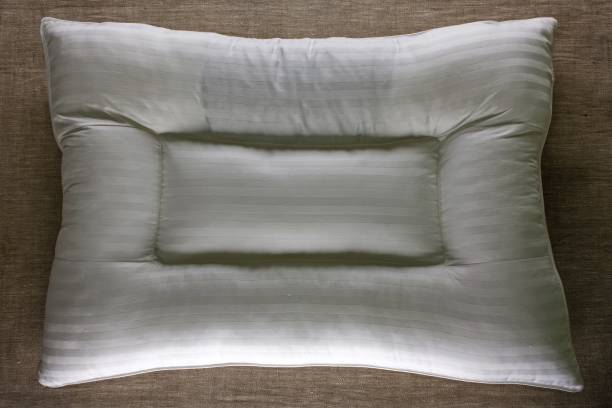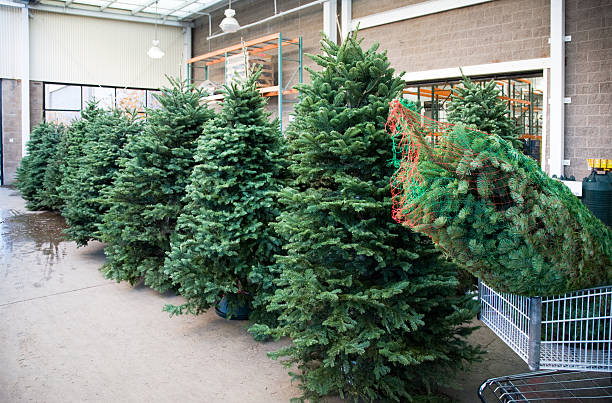Pavers are a versatile and durable option for enhancing your home’s outdoor spaces, whether for driveways, patios, walkways, or pool decks. Unlike poured concrete or asphalt, pavers offer design flexibility, easy repairs, and long-lasting performance. However, selecting the right pavers requires careful consideration of material, style, and functionality to ensure they complement your home’s aesthetic while standing up to daily use and weather conditions.
Material choice is the first and most critical decision. Concrete pavers are a popular option due to their affordability, durability, and wide range of colors and shapes. They can mimic the look of natural stone or brick while offering consistent sizing for easier installation. Clay brick pavers, known for their timeless appeal and rich, earthy tones, are highly durable and resistant to fading, though they tend to be more expensive. Natural stone pavers, such as travertine, bluestone, or granite, provide a luxurious, high-end look with unique textures and colors, but they often come with a higher price tag and may require sealing to prevent staining. For eco-conscious homeowners, permeable pavers are an excellent choice, allowing water to drain through and reduce runoff, which is especially beneficial in areas with heavy rainfall. The style and design of the pavers should harmonize with your home’s architecture and landscape. Rectangular or square pavers lend a clean, modern look, while irregularly shaped stones create a rustic, natural feel. Patterns like herringbone, basket weave, or running bond can add visual interest and enhance the structural integrity of the installation. Color is another important factor; neutral tones like gray, tan, or beige offer a classic look that blends seamlessly with most exteriors, while bold hues like red or charcoal can make a striking statement. Consider how the paver color will look in different lighting conditions and alongside your home’s siding, roof, and landscaping. Durability and maintenance are practical considerations that should not be overlooked. Pavers in high-traffic areas, such as driveways, need to withstand the weight of vehicles without cracking or shifting. Thicker pavers (2.5 to 3 inches) are ideal for driveways, while thinner options (1.5 to 2 inches) work well for patios and walkways. Some materials, like concrete and natural stone, are low-maintenance and only require occasional cleaning, while others, such as brick, may need sealing to prevent moisture absorption and weed growth. Proper installation is also key to longevity; a well-prepared base of compacted gravel and sand ensures stability and prevents shifting over time. Climate plays a significant role in paver selection. In colder regions, freeze-thaw cycles can cause certain materials to crack, making dense pavers like granite or high-quality concrete a better choice. In hot climates, lighter-colored pavers reflect heat and stay cooler underfoot, enhancing comfort for outdoor living spaces. Additionally, textured or rough-finished pavers provide better slip resistance, which is crucial for pool decks or areas prone to rain. By balancing aesthetics, functionality, and durability, you can choose pavers that enhance your home’s outdoor appeal while providing a practical, long-lasting surface. Whether you prioritize a classic brick walkway, a modern concrete patio, or a luxurious natural stone driveway, the right pavers will transform your exterior spaces into inviting, stylish extensions of your home. Thoughtful selection and professional installation ensure a beautiful and functional result that stands the test of time.



